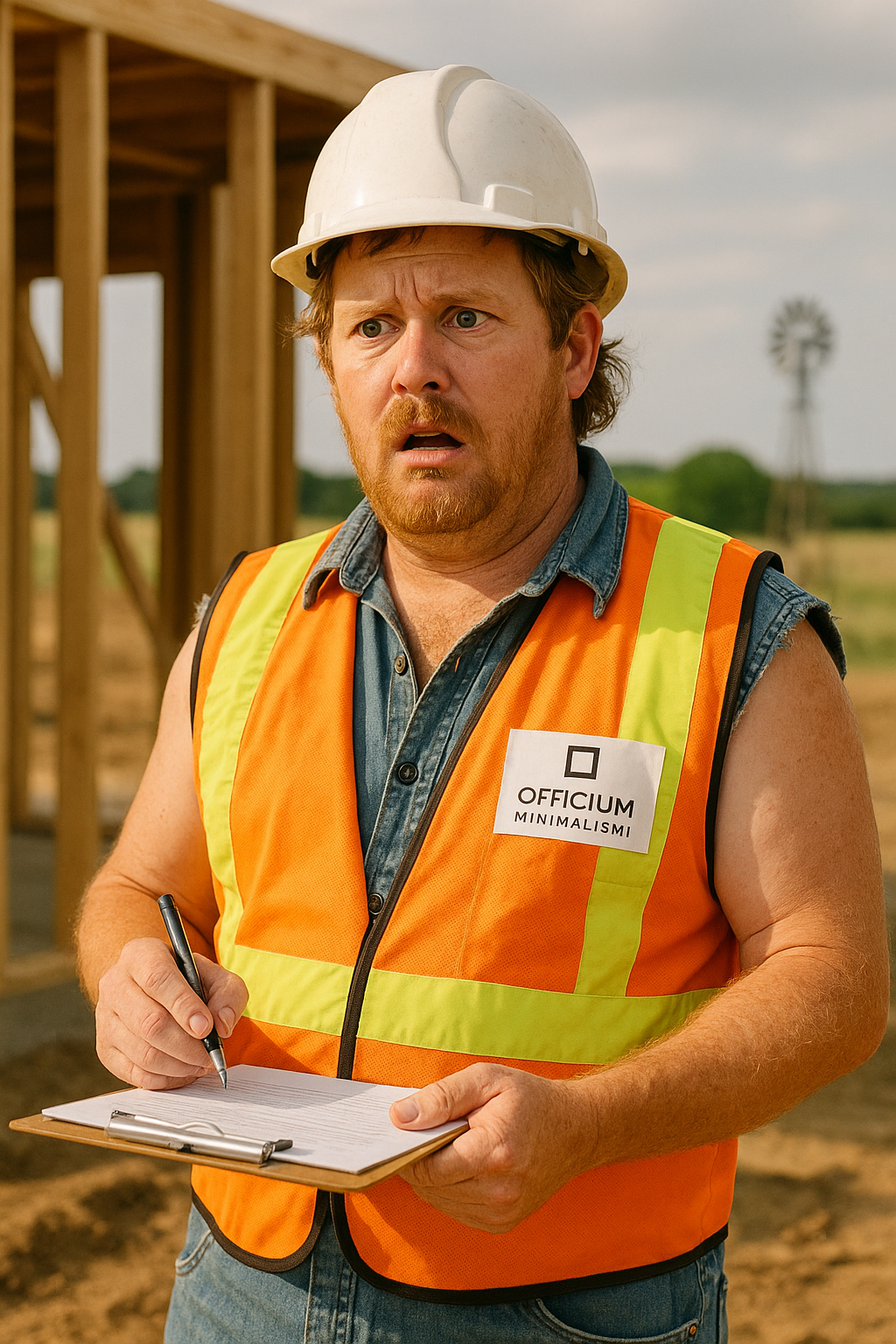When a Third-Party Inspector Approves Defective Work: What Homeowners and Builders Need to Know
In many Texas municipalities, including rapidly growing cities like Melissa, residential building inspections are no longer conducted by city-employed officials. Instead, cities contract with private third-party firms like Bureau Veritas, Burgess, Metrocode, et al. to perform all inspection services. While this model is legally permitted and increasingly common, it has created confusion and concern for both homeowners and industry professionals regarding accountability, enforcement, and code compliance.
Here’s what every builder, buyer, and homeowner needs to understand: approval by a third-party inspector does not exempt a builder from compliance with the adopted building code.
The Role of Third-Party Inspectors in Cities Like Melissa
Bureau Veritas operates in Melissa under municipal contract, serving as the city’s delegated inspection service for new residential construction. Their inspectors perform framing, foundation, mechanical, and final inspections, among others. But these inspectors, while acting on behalf of the city, are not authorized to waive, revise, or reinterpret the building code based on internal preferences or builder convenience.
Melissa has adopted the 2021 International Residential Code (IRC), which establishes the minimum standards for structural integrity, life safety, and energy performance in residential buildings. That code is the law, and third-party inspectors, like builders and contractors, are bound by it.
Inspector Approval vs. Code Compliance
A common misconception is that if an inspector signs off on something, it must be code-compliant. That is not true. Inspector approval is a checkpoint in the process, but not a legal guarantee of compliance. The IRC itself acknowledges that not all conditions are visible or verifiable at the time of inspection, and that errors in enforcement can occur. Even when an inspector approves noncompliant work, the builder remains fully responsible for correcting it.
This is especially important in the event of future warranty claims, disputes, or litigation. Courts and arbitrators do not excuse code violations simply because a third-party inspector overlooked them.
What Happens When There’s a Dispute?
Section R104.1 of the IRC grants the building official—whether public or private—the authority to enforce and interpret the code. But that discretion is not unlimited. It must be exercised in accordance with the language, structure, and intent of the code. Interpretations must be reasonable, not arbitrary. Approvals must be based on fact, not convenience.
If there is a disagreement between a builder and a homeowner about whether something is code-compliant, it is not sufficient for the builder to say, “It passed inspection.” The question must be: Does it comply with the code as written?
If necessary, cities like Melissa provide a mechanism—typically a Board of Appeals—where disputes over code interpretations or enforcement actions can be formally addressed. Homeowners and professionals also have the right to request records of inspections, approvals, and corrections through the Texas Public Information Act.
What Should You Do If You Suspect a Violation?
If you are a homeowner who suspects that part of your home was built in violation of the IRC, despite having passed inspection:
Document the issue thoroughly, with photos and measurements.
Request inspection records from the city to determine what was approved, when, and by whom.
Consult an independent inspector or ICC-certified professional for a second opinion.
Contact the city’s building department to ask whether the condition was reviewed or exempted.
Above all, remember that code compliance is not optional, and it cannot be waived by inspection approval, especially not by a third-party agent operating under contract.
Conclusion
The use of firms like Bureau Veritas in Texas municipalities is legally permissible, but their involvement does not absolve builders of responsibility, nor does it guarantee that the work has been properly evaluated. The IRC remains the controlling authority, and homeowners are well within their rights to expect full compliance, regardless of what the inspection report says.
In short, passing inspection is not the same as passing the code. Know the difference—and hold your builder to it.






